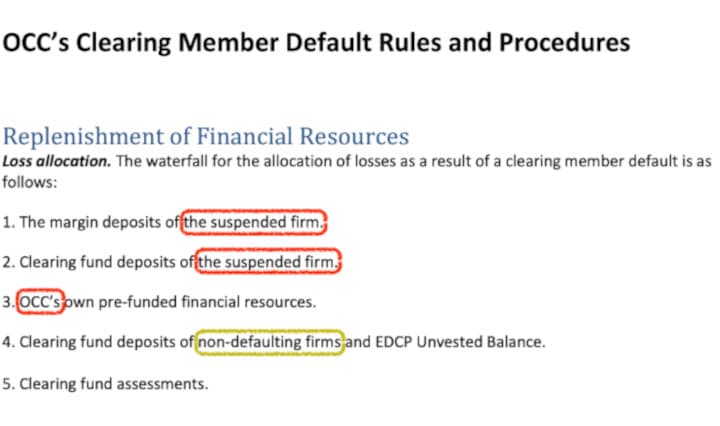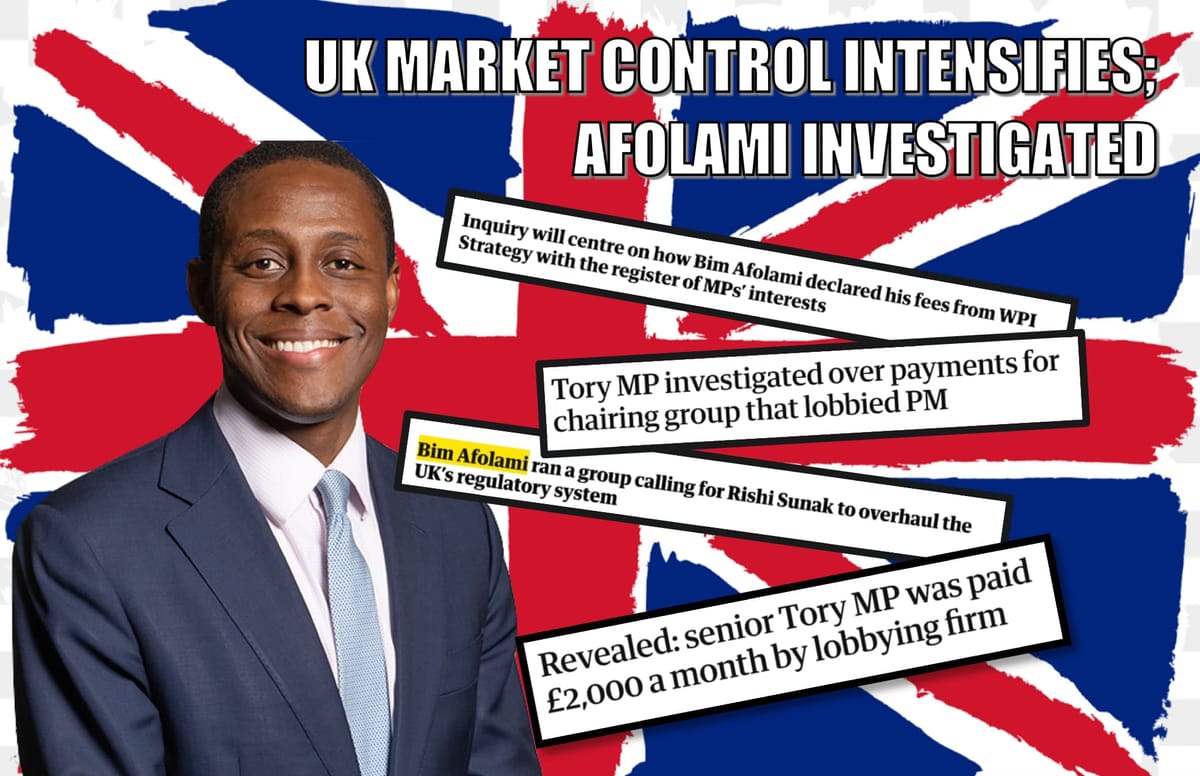FINRA 'Discipline' Alert! Citigroup Violates Rule 606, Over-reports Non-Directed Orders for Six Years (2012-2018), Fails to Maintain Supervisory System for Nine Years (2012-2021). Their Penalty? They received a censure and a $100,000 fine

Source: https://www.finra.org/sites/default/files/fda_documents/2019063024201%20Citigroup%20Global%20Markets%20Inc.%20CRD%207059%20AWC%20lp%20%282022-1671322798409%29.pdf
Good morning Superstonk, I hope everyone had a GREAT weekend!
I would like to share some more FINRA 'discipline' with y'all, this time it's Citigroup.
As these releases convey a ton of information I am going to try and follow the same recent approach, I hope this format makes sense.
- I am going to outline what Citigroup did from points from the filing.
- I am going to pull the rules they broke and attempt to provide wut mean definitions
- I am going to try and break each section against Citigroup down a bit further.
- I will talk about the penalty leveled.
- I will talk about how the nefarious behavior could impact GameStop.
- Lastly, TLDRS.

Let's hit it!
What Citigroup did (without admitting or denying):
Citigroup, one of the largest banks in the world, Citigroup, violated Rule 606 of Regulation NMS (National Market System) from the third quarter of 2012 through the second quarter of 2018.
Rule 606 is about transparency in the stock market. It requires brokerage firms to publicly disclose, on a quarterly basis, certain information about their routing of non-directed orders. In simpler terms, it's about telling the public where they're sending their orders to be executed. The goal is to ensure that investors have enough information to evaluate how their broker is performing when it comes to executing trades.
Citigroup was found to have published inaccurate reports about this.
Furthermore, from July 2012 through October 2021, Citigroup violated NASD Rule 3010 and FINRA Rules 3110 and 2010. These rules are about having a system and procedures in place to ensure compliance with all the rules and regulations, including Rule 606. Citigroup was found to have failed in establishing and maintaining such a system.
The Rules Citigroup broke:


Wut mean?
Regulation NMS Rule 606 is all about transparency and ensuring that broker-dealers are fulfilling their responsibilities to execute orders in the best possible way for their clients. Every quarter, brokers are required to release a report that provides information on how they've routed non-directed orders in National Market System (NMS) securities.
Non-directed orders are orders that the client hasn't specified a particular venue for execution. The broker has the discretion to decide where to route these orders.
The report must disclose the percentage of total non-directed orders and the identity of the top ten venues where the most non-directed orders were sent for execution. If a venue received five percent or more of non-directed orders, it must also be identified in the report.
FINRA Rule 3110(a) require that members of the Financial Industry Regulatory Authority (FINRA) set up and maintain a system to supervise the activities of each person associated with them. This system must be designed in a way that it can reasonably ensure compliance with all applicable securities laws, regulations, and FINRA rules.
Similarly, FINRA Rule 3110(b) require FINRA members to establish, maintain, and enforce written procedures to supervise the types of business they engage in and the activities of their associated persons. These procedures must be designed to reasonably ensure compliance with all applicable securities laws, regulations, and FINRA rules.
If a FINRA member violates either NASD Rule 3010 or FINRA Rule 3110, they are also in violation of FINRA Rule 2010. This rule requires members to observe high standards of commercial honor and just and equitable principles of trade.
Citigroup 's Rule 606 reports inaccurately reported and omitted required information:

Wut mean?
From the third quarter of 2012 to the second quarter of 2018, Citigroup released quarterly reports about how it was routing non-directed orders in National Market System (NMS) securities. However, these reports were not accurate.
The inaccuracies were due to incorrect information received from a vendor. As a result, the reports overestimated two things:
- The percentage of non-directed customer orders, and
- The percentage of non-directed customer orders that were sent to Citigroup's own Alternative Trading System, called CitiCross.
In addition, for at least the first and second quarters of 2018, Citigroup's reports didn't include all the venues that should have been disclosed under Rule 606(a)(1)(ii).
Citigroup failed to establish and maintain a supervisory system and written supervisory procedures reasonably designed to comply with Rule 606:

Wut mean?
From the third quarter of 2012 to October 2021, Citigroup did not have a proper supervisory system and written procedures in place to ensure compliance with Rule 606, which requires transparency in the routing of non-directed orders.
Citigroup relied on a third-party vendor to provide the data needed for Rule 606 reporting. According to Citigroup's procedures, a designated person was supposed to review this data to make sure that the percentages and order counts appeared accurate.
However, Citigroup's procedures didn't specify how these reviews should be conducted. Moreover, they didn't require any review of the accuracy of the underlying data provided by the third-party vendor.
Penalty?

Without admitting or denying anything, a censure and $100,000 fine.
How could Citigroup's nefarious behavior could impact GameStop:
Citigroup violated Rule 606 by inaccurately reporting its routing of non-directed orders. This lack of transparency could potentially impact any stock, including GameStop.
Citigroup's inaccurate reporting included over-reporting the percentage of non-directed orders routed to its own Alternative Trading System, CitiCross. This is significant because it means that the market didn't have a clear and accurate picture of where Citigroup was routing its non-directed orders.
TLDRS:
From the third quarter of 2012 to the second quarter of 2018, Citigroup violated Rule 606 of Regulation NMS by inaccurately reporting its routing of non-directed orders in National Market System (NMS) securities. Specifically, these inaccuracies were due to incorrect information received from a vendor, leading to over-reporting of non-directed customer orders and those routed to Citigroup's own Alternative Trading System, CitiCross.
Furthermore, from July 2012 through October 2021, Citigroup violated NASD Rule 3010, and FINRA Rules 3110 and 2010 by failing to establish and maintain a supervisory system and written supervisory procedures reasonably designed to achieve compliance with Rule 606.
These actions highlight a lack of transparency and potential for market manipulation, which could impact any stock, including GameStop.



